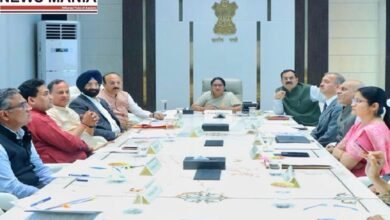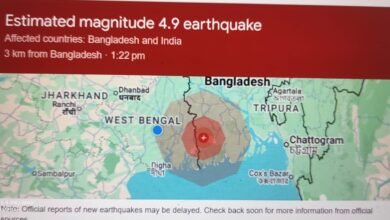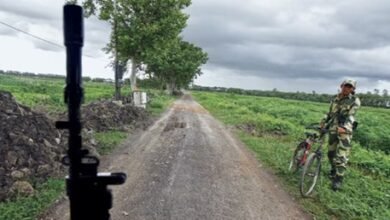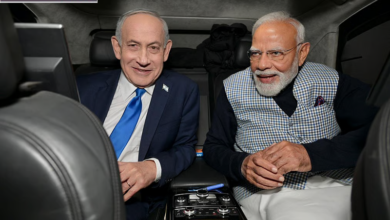Supreme Court Urges Punjab Government to Resolve Shambhu Border Blockade
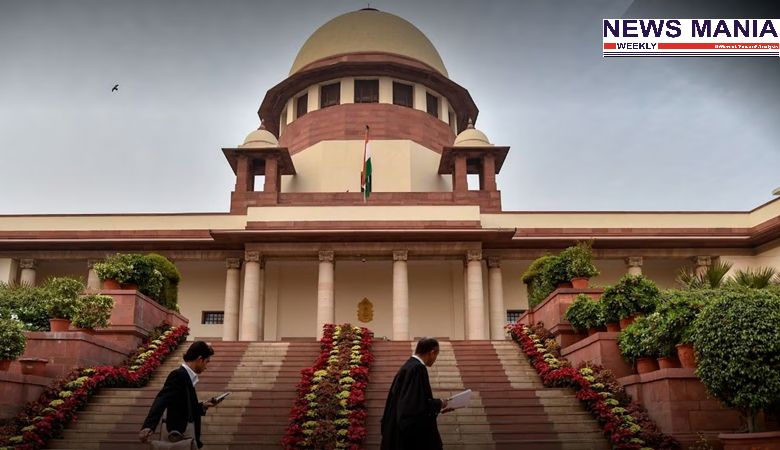
News Mania Desk/Agnibeena Ghosh/12th August 2024
On Monday, the Supreme Court directed the Punjab government, led by Chief Minister Bhagwant Mann, to take action to resolve the ongoing blockade at the Shambhu border. The Court emphasized the need for the government to persuade the protesting farmers to clear their tractors from the highway, noting that roads are not meant to serve as parking areas. The Court highlighted that it is crucial to partially reopen the road to ensure the smooth movement of ambulances, essential services, and local commuters.
The Supreme Court also instructed the Directors General of Police (DGPs) of Punjab and Haryana, along with the Superintendents of Police (SPs) from adjacent districts, to meet within a week to discuss the partial reopening of roads at the Shambhu border. This step aims to address the ongoing disruptions caused by the protest and facilitate better traffic management in the region.
During the proceedings, the Court indicated that it would issue a brief order outlining the terms for establishing a panel to negotiate with the protesting farmers. The Court commended the Punjab and Haryana governments for suggesting non-political individuals for this panel, demonstrating an effort to approach the issue impartially.
The farmers, led by the Sanyukt Kisan Morcha (Non-Political) and Kisan Mazdoor Morcha (KMM), have been protesting for a legal guarantee of a minimum support price (MSP) for all crops based on the Comprehensive Cost (C2) plus 50% profit formula. They began their march to Delhi on February 13 but faced significant challenges when Haryana Police barricaded the Shambhu and Khanauri borders and used tear gas to disperse their convoy. Despite this, the farmers have remained camped at these borders, although their numbers have decreased over time.
Sarvan Singh Pandher, a prominent member of the KMM, criticized the government’s handling of the situation. He expressed frustration over the lack of a legal guarantee for MSP, despite multiple rounds of negotiations with government ministers. Pandher stated that the farmers are unwilling to compromise, even if it means continuing their protest for an extended period. The government’s offer of MSP on five crops for a five-year period on an experimental basis was deemed insufficient by the protesting farmers.
The Supreme Court’s intervention underscores the urgency of resolving the blockade and addressing the farmers’ grievances. The Court’s directives aim to facilitate discussions between the government and the farmers, seeking a resolution that balances the needs of the protesters with the importance of maintaining essential services and public access.
As the situation continues to develop, the involvement of the proposed panel and ongoing negotiations will be critical in determining the outcome of this prolonged dispute. The Court’s involvement reflects the broader challenges of managing public protests while ensuring the functionality of critical infrastructure and services.



